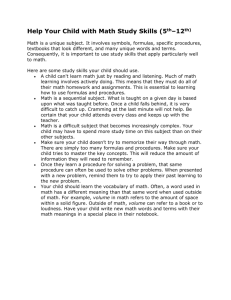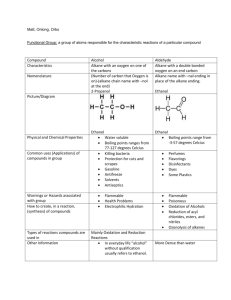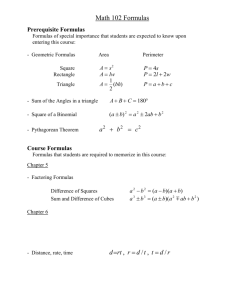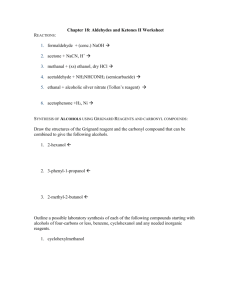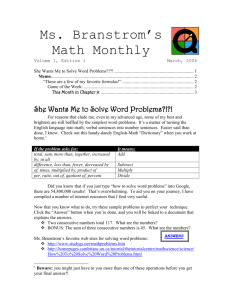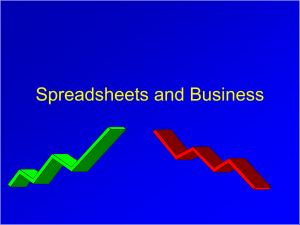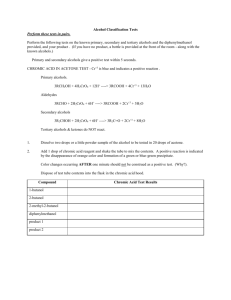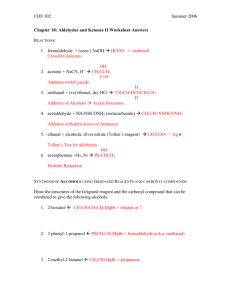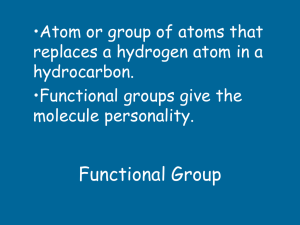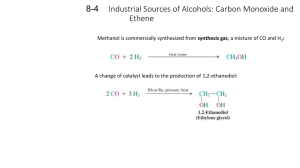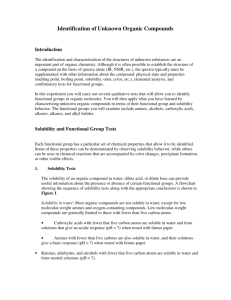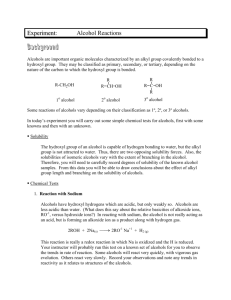Practice Problem Set #3
advertisement
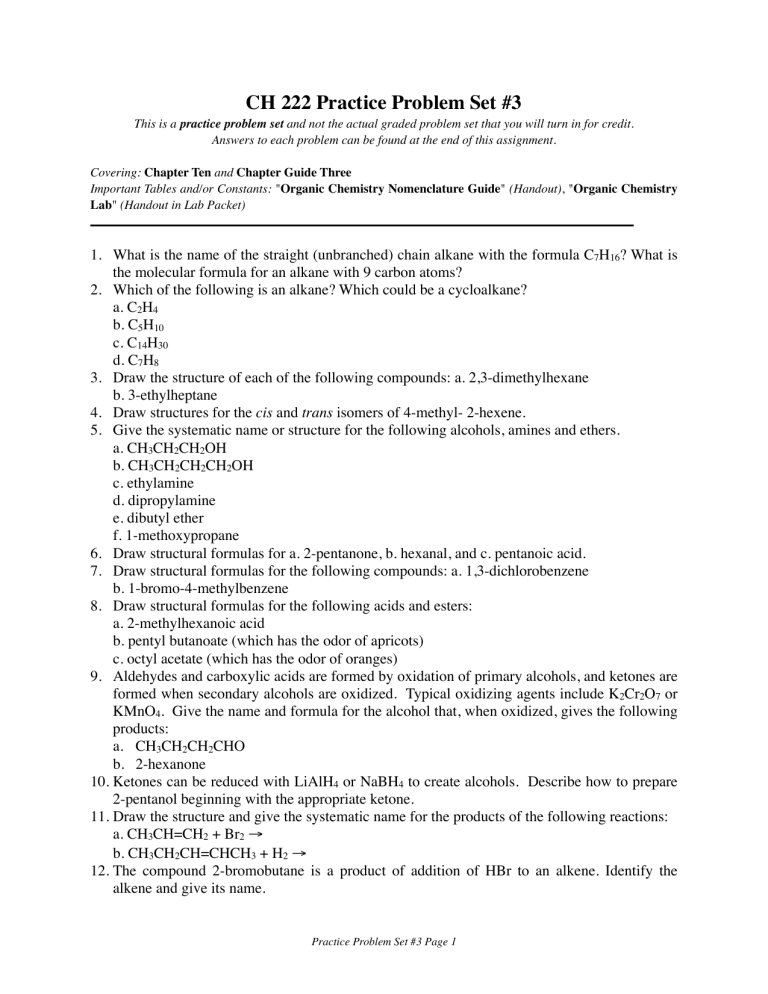
CH 222 Practice Problem Set #3 This is a practice problem set and not the actual graded problem set that you will turn in for credit. Answers to each problem can be found at the end of this assignment. Covering: Chapter Ten and Chapter Guide Three Important Tables and/or Constants: "Organic Chemistry Nomenclature Guide" (Handout), "Organic Chemistry Lab" (Handout in Lab Packet) 1. What is the name of the straight (unbranched) chain alkane with the formula C7H16? What is the molecular formula for an alkane with 9 carbon atoms? 2. Which of the following is an alkane? Which could be a cycloalkane? a. C2H4 b. C5H10 c. C14H30 d. C7H8 3. Draw the structure of each of the following compounds: a. 2,3-dimethylhexane b. 3-ethylheptane 4. Draw structures for the cis and trans isomers of 4-methyl- 2-hexene. 5. Give the systematic name or structure for the following alcohols, amines and ethers. a. CH3CH2CH2OH b. CH3CH2CH2CH2OH c. ethylamine d. dipropylamine e. dibutyl ether f. 1-methoxypropane 6. Draw structural formulas for a. 2-pentanone, b. hexanal, and c. pentanoic acid. 7. Draw structural formulas for the following compounds: a. 1,3-dichlorobenzene b. 1-bromo-4-methylbenzene 8. Draw structural formulas for the following acids and esters: a. 2-methylhexanoic acid b. pentyl butanoate (which has the odor of apricots) c. octyl acetate (which has the odor of oranges) 9. Aldehydes and carboxylic acids are formed by oxidation of primary alcohols, and ketones are formed when secondary alcohols are oxidized. Typical oxidizing agents include K2Cr2O7 or KMnO4. Give the name and formula for the alcohol that, when oxidized, gives the following products: a. CH3CH2CH2CHO b. 2-hexanone 10. Ketones can be reduced with LiAlH4 or NaBH4 to create alcohols. Describe how to prepare 2-pentanol beginning with the appropriate ketone. 11. Draw the structure and give the systematic name for the products of the following reactions: a. CH3CH=CH2 + Br2 → b. CH3CH2CH=CHCH3 + H2 → 12. The compound 2-bromobutane is a product of addition of HBr to an alkene. Identify the alkene and give its name. Practice Problem Set #3 Page 1 13. Draw structural formulas for all the alcohols with the formula C4H10O. Give the systematic name of each. 14. Draw structural formulas for all the primary amines with the formula C4H9NH2. Name them. 15. Give structural formulas and systematic names for the three structural isomers of trimethylbenzene, C6H3(CH3)3. Practice Problem Set #3 Page 2 Answers to the Practice Problem Set: 1. n-heptane; C9H20 2. c. C14H30 is an alkane b. C5H10 could be a cycloalkane 3. Answers: (a) (b) 4. Answers: trans-4-methyl-2-hexene cis-4-methyl-2-hexene 5. Answers: a. b. 1-propanol 1-butanol c. C2H5NH2 d. (C3H7)2NH e. f. C4H9OC4H9 CH3OCH2CH2CH3 6. Answers: a. b. c. 7. Answers: a. b. Practice Problem Set #3 Page 3 8. Answers: a. b. c. 9. Answers: a. CH3CH2CH2CH2 1-butanol OH OH b. CH3CHCH2CH2CH2CH3 2-hexanol 10. Reduction of 2-pentanone with LiAlH4 or NaBH4 11. Answers: a. b. 1,2-dibromopropane CH3CH2CH2CH2CH3 pentane 12. Using 1-butene, H2C=CHCH2CH3 + HBr → CH3CHBrCH2CH3 13. Answers: 1-butanol 2-butanol 2-methyl-1-propanol 2-methyl-2-propanol 14. Answers: 1-butylamine 2-butylamine 2-methyl-1-propylamine 2-methyl-2-propylamine 15. Answers: 1,2,3-trimethylbenzene 1,2,4-trimethylbenzene Practice Problem Set #3 Page 4 1,3,5-trimethylbenzene
